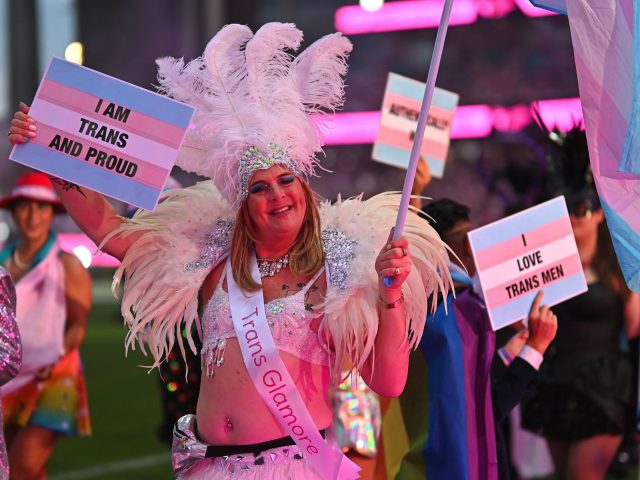The global spread of monkeypox does not mean people should abandon massed LGBTQI+ pride parades and parties this summer, the World Health Organization (W.H.O.) advised Monday.
Andy Seale, a strategies adviser in the W.H.O. Department of Global HIV, Hepatitis and Sexually Transmitted Infections Programs, told a W.H.O. social media briefing in Geneva, Switzerland, “it’s important that people who want to go out and celebrate gay pride, LGBTQ+ pride, to continue to go and plan to do so.”
“Given this is not a gay disease, the transmission routes are common to everybody,” Seale continued. “The advice is pretty much the same for all people.”
W.H.O. experts had hypothesized sex at two recent raves in Europe contributed to the spread of the virus but have not reached a definitive conclusion.
According to the organization, several cases have been reported among men who engage in homosexual sex, but, since the cases were identified at sexual health clinics, the cases might have been a reflection of “positive health seeking behavior.”
As Breitbart News reported, the United Nations’ Aids agency (UNAIDS) has previously denounced some reporting on the monkeypox virus as racist and homophobic, warning irresponsible language was undermining the response to the outbreak as it gathers pace across the globe.
UNAIDS said “a significant proportion” of recent monkeypox cases have been identified among “gay, bisexual and other men who have sex with men” leading to some portrayals of Africans and LGBTI people gravely “reinforce homophobic and racist stereotypes and exacerbate stigma.”
The UNAIDS deputy executive director, Matthew Kavanagh, advised such talk should cease forthwith. He said:
Stigma and blame undermine trust and capacity to respond effectively during outbreaks like this one.
Experience shows that stigmatising rhetoric can quickly disable evidence-based response by stoking cycles of fear, driving people away from health services, impeding efforts to identify cases and encouraging ineffective, punitive measures.
Since Britain first reported a confirmed monkeypox case on May 7, nearly 400 suspected and confirmed cases have been reported to the W.H.O. in nearly two dozen countries far from the states where the virus is endemic.
The name monkeypox originates from the initial discovery of the virus in monkeys in a Danish laboratory in 1958. The first human case was identified in a child in the Democratic Republic of the Congo in 1970.
Monkeypox virus is transmitted from one person to another by close contact with lesions, body fluids, respiratory droplets and contaminated materials such as bedding. The incubation period of is usually from six to 13 days but can range from five to 21 days.

COMMENTS
Please let us know if you're having issues with commenting.